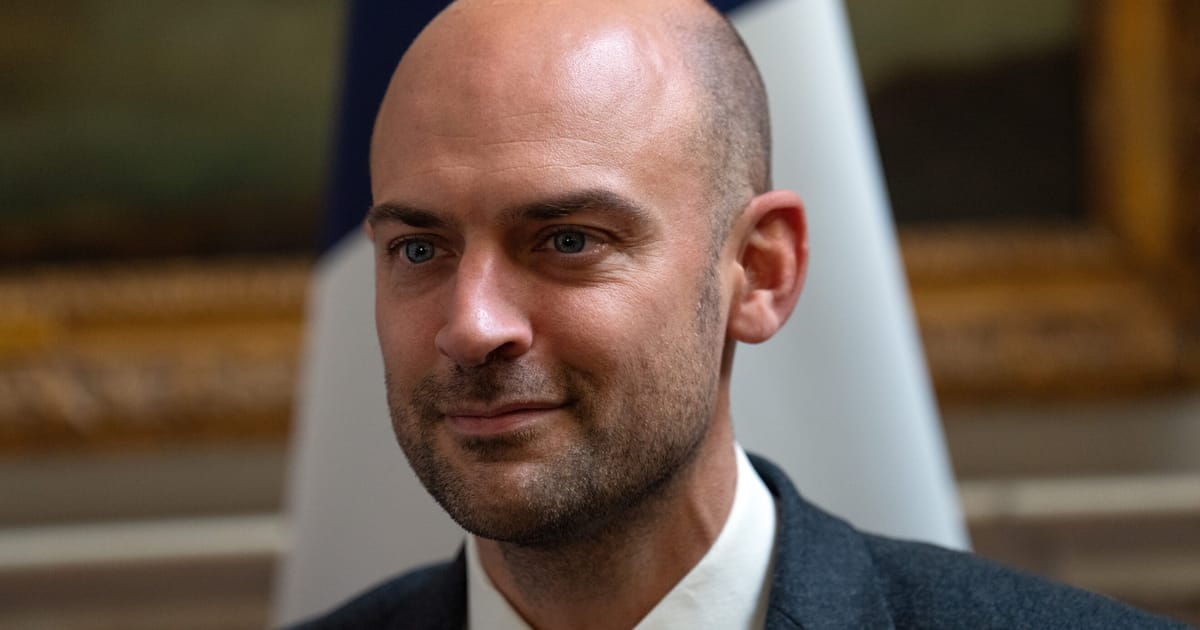

In the ever-evolving landscape of international diplomacy, recent events have brought forth a tapestry of complex narratives. From military actions and humanitarian crises to diplomatic dialogues, global attention has been captured by a series of concurrent developments.
The escalation of military activities in Gaza remains a focal point of international concern. As Israel intensifies its operations in Gaza City, urging residents to evacuate, the ongoing conflict raises profound humanitarian and geopolitical questions. The persistent military engagements have created a significant strain on the local populace, with more than 7,000 children under the age of five entering malnutrition recovery programs in just a two-week span. UNICEF anticipates the number of new patients in August to exceed 15,000, a stark indicator of the region’s deepening humanitarian crisis.
Against this backdrop, international responses have varied. In a notable move, the U.S. and United Nations are engaging in discussions to potentially endorse a reconstruction plan for Gaza. This plan is reportedly aiming to stabilize the region with initiatives such as the formation of a one-year technocratic government, deployment of an international stabilization force, and measures to disarm Hamas. Concurrently, a diplomatic gesture is anticipated at the upcoming UN conference, with several key nations, including the UK, France, and Canada, expected to recognize Palestine as a state.
Meanwhile, geopolitical dynamics are further complicated by internal and international reactions. In Europe, Belgium plans to address rising drug violence in Brussels by considering the deployment of the military, while in Spain, the government deliberates on accelerating arms embargo sanctions against Israel. These moves signify a broader shift in regional and international strategies toward conflict and crime.
Simultaneously, the international tribunal in London addresses allegations of the UK’s complicity in humanitarian law breaches in Gaza. Witnesses have underscored the UK’s perceived failure to adhere to its legal obligations to prevent genocide and its involvement in intelligence sharing with Israeli forces. Such proceedings reflect the intricate balance between national security interests and international legal responsibilities.
Compounding these complexities, a historical lens may help contextualize current alliances and strategic decisions. Notably, a trio of leaders—Xi Jinping of China, Vladimir Putin of Russia, and Kim Jong-un of North Korea—recently met, symbolizing the enduring global influence of these nations amid contemporary challenges. Their presence in Beijing, reminiscent of Cold War alignments, underscores the pivotal role of global powers in shaping geopolitical narratives.
Adding another layer to the unfolding global drama, the aftermath of a catastrophic earthquake in Afghanistan, which has claimed over 2,200 lives, calls for urgent international aid and collaborative relief efforts. The rugged terrain and widespread structural damage in the region challenge aid deployment, highlighting the urgent need for concerted humanitarian support.
Amid these pressing issues, individual narratives of resilience and cooperation emerge. In Australia, the search for a fugitive linked to a critical police incident underscores the local law enforcement’s commitment to public safety. Meanwhile, calls for international solidarity and diplomatic prudence echo across discussions, emphasizing the importance of peaceful resolution and humanitarian focus.
As these multifaceted events unfold, the global community continues to watch closely, evaluating the implications for international policy, humanitarian efforts, and future diplomatic engagements.
Source: {link}
